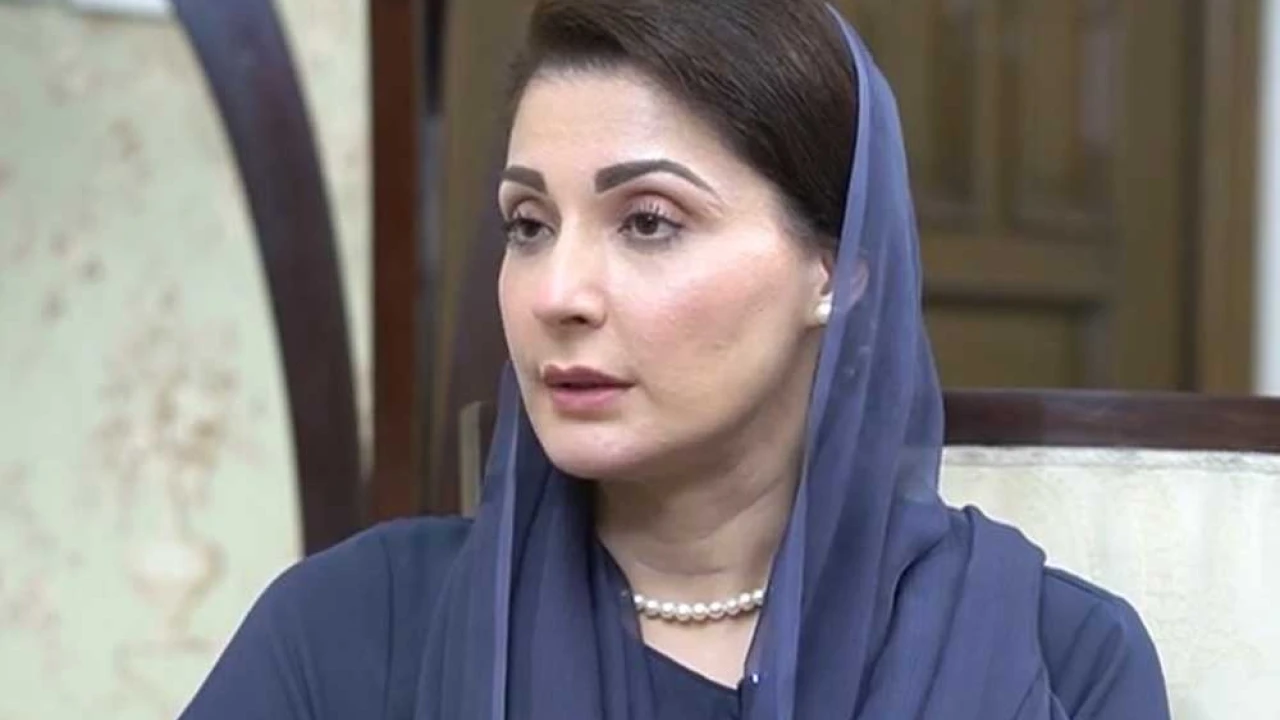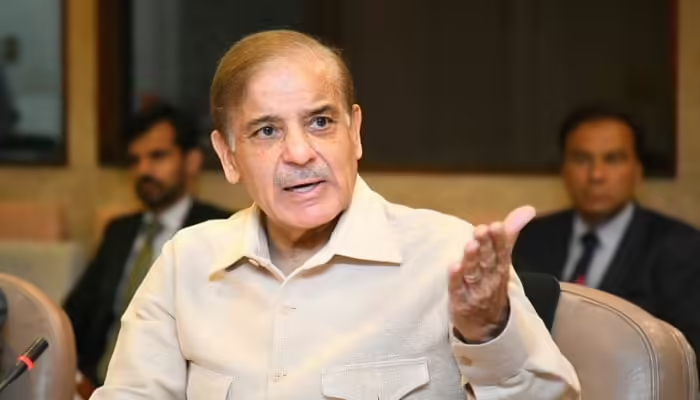American Muslim organizations and leaders have taken a significant stand by announcing a boycott of the White House Iftar dinner, marking a potent protest against the United States’ policy regarding the Gaza conflict. The decision underscores the deep-rooted concerns within the American Muslim community regarding the ongoing crisis in Gaza.
In a unified effort to express dissent, several Islamic organizations have declared their intention to host an alternative iftar ceremony outside the White House premises. Notable among these organizations are the Islamic Circle of North America and American Muslims for Palestine, both of which have pledged their participation in the protest iftar.
The decision to boycott the White House Iftar dinner comes amidst mounting calls from American Muslim leaders for the Biden administration to prioritize efforts towards achieving a cease-fire in Gaza. The community’s unwavering commitment to advocating for peace and justice in the region reflects a collective desire to see an end to the violence and suffering endured by Palestinians.
Traditionally, the White House hosts an annual Iftar dinner at the conclusion of Ramadan, an event attended by US administration officials and ambassadors from Muslim-majority countries. However, this year’s boycott sends a powerful message to the administration, highlighting the urgency of addressing the humanitarian crisis in Gaza and reevaluating US policies that contribute to ongoing conflicts in the region.
By opting to hold an alternative iftar ceremony outside the White House, American Muslim leaders aim to amplify their voices and draw attention to the plight of Palestinians affected by the Gaza conflict. The decision reflects a firm stance against complicity in policies that perpetuate injustice and violence, emphasizing the importance of solidarity and activism within the Muslim community.
As the Biden administration faces increasing pressure to reassess its approach to the Gaza conflict, the boycott of the White House Iftar dinner serves as a poignant reminder of the moral imperative to uphold human rights and pursue peace in the region. It underscores the pivotal role of American Muslims in advocating for meaningful change and holding policymakers accountable for their actions on the global stage.



